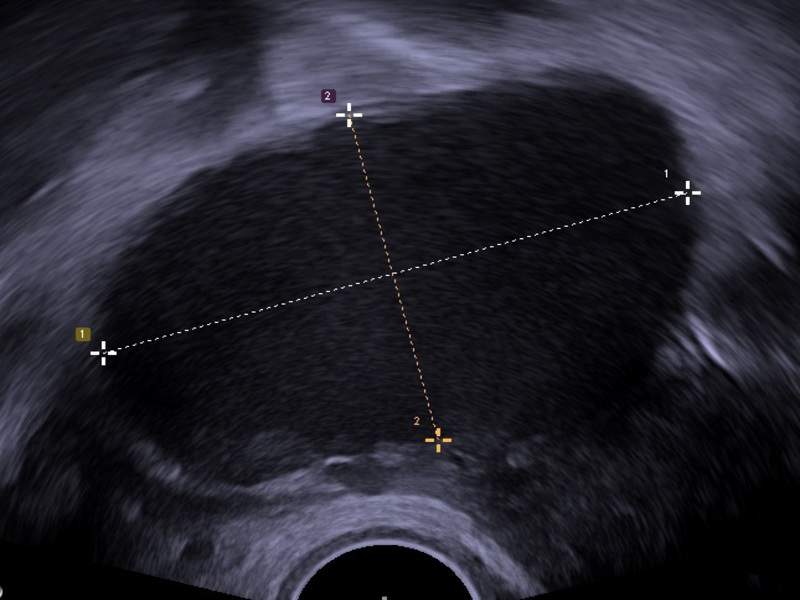

Myovant Sciences has reported positive results from the Phase II clinical trial of relugolix in Japan to treat pain associated with endometriosis in women.

Discover B2B Marketing That Performs
Combine business intelligence and editorial excellence to reach engaged professionals across 36 leading media platforms.
Relugolix is an oral, once-daily, small molecule antagonist of gonadotropin-releasing hormone (GnRH) receptor.
The results from the multi-centre, randomised, double-blind, parallel-group, placebo-controlled trial showed that the primary endpoint has been met with statistically significant decrease in overall pelvic pain.
Conducted by Takeda Pharmaceutical, the Phase II trial assessed the safety and efficacy of 10mg, 20mg, or 40mg once-daily relugolix over 12 weeks in 487 premenopausal Japanese women aged 20 and older.
The trial included patients diagnosed with endometriosis and moderate-to-severe dysmenorrhea or pelvic pain.

US Tariffs are shifting - will you react or anticipate?
Don’t let policy changes catch you off guard. Stay proactive with real-time data and expert analysis.
By GlobalDataThe drug’s 40mg dose was found to cause a higher reduction in overall pelvic pain.
Myovant Sciences president and chief executive officer Lynn Seely said: "The pain associated with endometriosis is often inadequately treated and adversely affects the lives of too many women.
“The data presented today provide a compelling rationale for our upcoming Phase III studies evaluating relugolix co-administered with low-dose hormonal add-back therapy in women with endometriosis-associated pain.
"Myovant hopes to provide a well-tolerated, once-daily oral therapy for women who suffer from the symptoms of endometriosis."
The trial’s secondary endpoints included dysmenorrheal and dyspareunia during the treatment period, physician Biberoglu & Behrman (B & B) scores and modified patient B & B scores for pelvic pain and dyspareunia.
Previous data from Phase I and Phase II trials conducted in more than 1,300 subjects showed that relugolix suppressed estrogen and progesterone levels in women and testosterone levels in men.
Image: Ultrasonography showing endometriosis. Photo: courtesy of Mikael Häggström.





